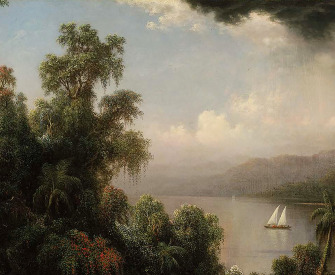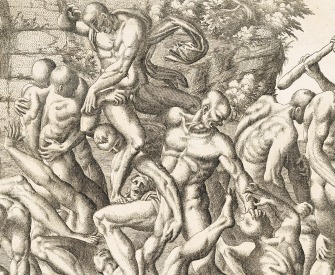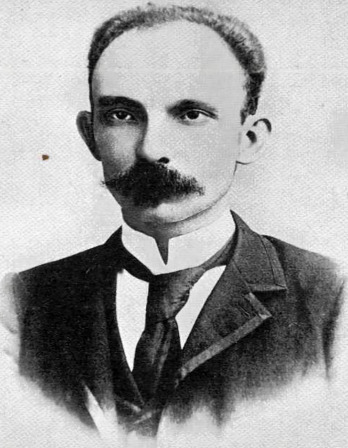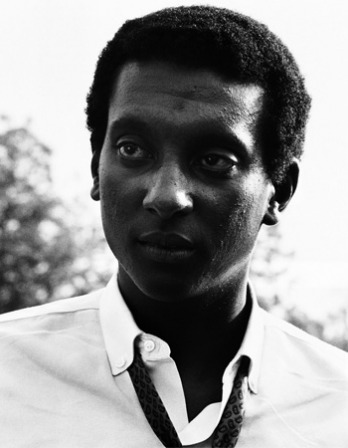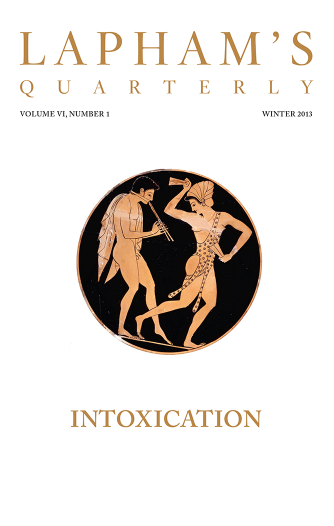Most people think that a state in order to be happy ought to be large, but even if they are right, they have no idea what is a large and what a small state. For they judge of the size of the city by the number of the inhabitants, whereas they ought to regard not their number but their power.
A city too, like an individual, has a work to do, and that city which is best adapted to the fulfillment of its work is to be deemed greatest, in the same sense of the word great in which Hippocrates might be called greater, not as a man, but as a physician, than someone else who was taller. And even if we reckon greatness by numbers, we ought not to include everybody, for there must always be in cities a multitude of slaves and sojourners and foreigners—but we should include those only who are members of the state, and who form an essential part of it. The number of the latter is a proof of the greatness of a city, but a city which produces numerous artisans and comparatively few soldiers cannot be great, for a great city is not to be confounded with a populous one. Moreover, experience shows that a very populous city can rarely, if ever, be well governed; since all cities which have a reputation for good government have a limit of population. We may argue on grounds of reason, and the same result will follow. For law is order and good law is good order, but a very great multitude cannot be orderly: to introduce order into the unlimited is the work of a divine power—of such a power as holds together the universe.
From the Politics. A student of Plato and a teacher to Alexander the Great, Aristotle made lasting contributions to nearly all branches of science; his observations of insects remained unmatched until the microscope’s invention in the 1600s. Upon the death of his former Macedonian pupil, Aristotle exiled himself from Athens in 323 bc.
Back to Issue

